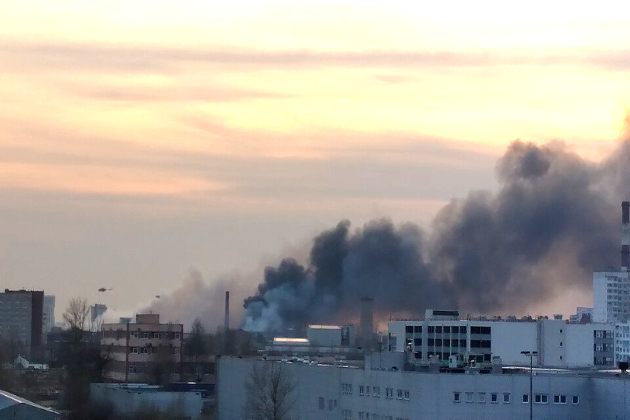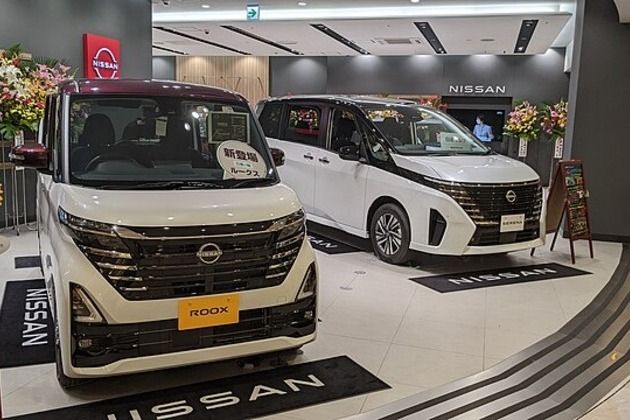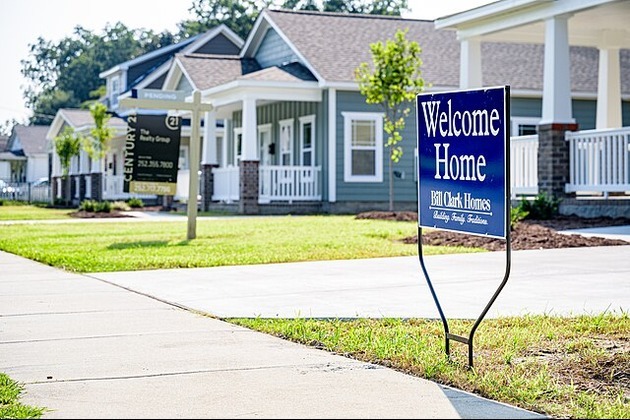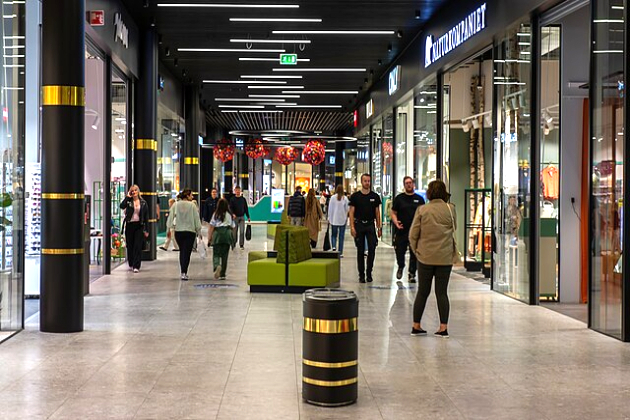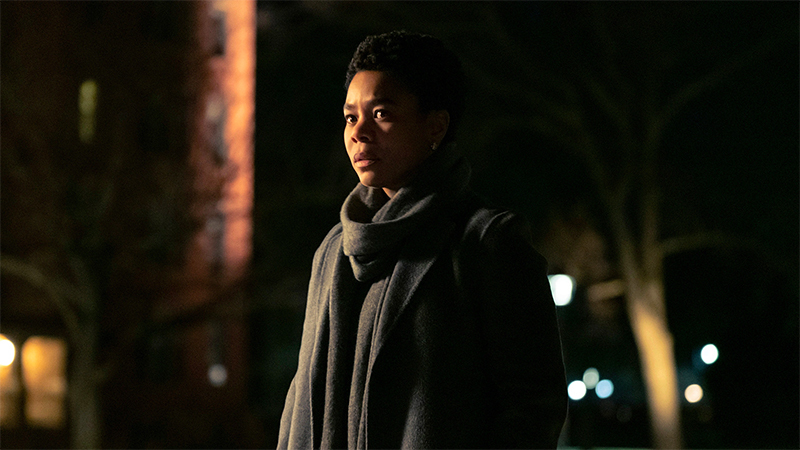International Peace Day: Guns still fire in Africa
News24
21 Sep 2020, 13:41 GMT+10
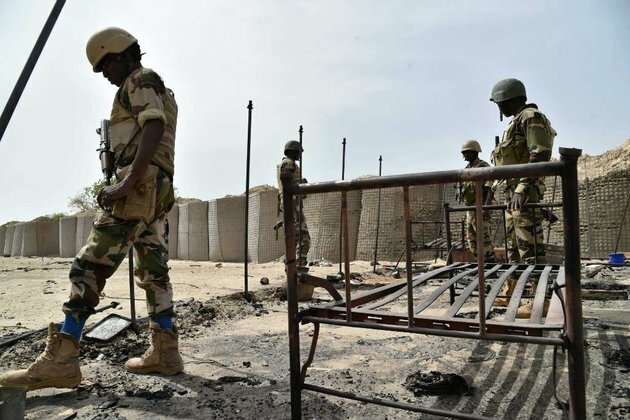
In 1981, the United Nations General Assembly (UNGA) declared the annual opening day of its regular sessions, 21 September, as International Day of Peace ("Peace Day").
This is a day, "devoted to commemorating and strengthening the ideals of peace both within and among all nations and peoples".
Furthermore, in 2001, the UNGA declared that Peace Day, "shall henceforth be observed as a day of global ceasefire and non-violence, an invitation to all nations and people to honour a cessation of hostilities for the duration of the Day".
In 2020, Peace Day coincides with the African Union's (AU's) theme of the year, "Silencing the Guns".
Conflict prevention, peacemaking, peace enforcement, peacebuilding and peacekeeping are all variants of the peace operations deemed crucial for Africa's stability.
Africa has and continues to play host to the majority of UN peace operations. As a result, the UN has been the most prominent actor in peace initiatives on the continent.
However, under the banner of "African solutions for African problems", and especially since the operationalisation of the AU's Peace and Security Council in 2004, the AU has become increasingly involved in Africa's conflict management initiatives.
The military institution and peace in Africa
UN and AU peace operations depend on troop contributions from their respective member states.
Due to its possession of arms and specialised training in the exercise and management of violence, the military is an essential component of peace operations, which involve many security-related tasks, including the protection of civilians, often in hostile environments. However, that which makes the military an essential actor for peace in peace operations also makes it a conduit for violence in other contexts.
Former UN secretary-general Kofi Annan declared, "we will not enjoy development without security, we will not enjoy security without development, and we will not enjoy either without respect for human rights".
Of the varied obstacles to peace, security, development and human freedoms in Africa, Africa's armed forces have historically been among the most prominent, especially in their own countries. This is partly a legacy of colonialism and partly a result of poor leadership in post-colonial Africa.
Since 1952, the majority of military coup attempts across the world have occurred in Africa.
Where militaries have ruled, they have often proven to govern worse than their civilian predecessors. Human rights abuses and involvement in civil wars are more likely under military rule than under civilian dictatorships.
Where Africa's militaries have remained under civilian control, governing elites who prioritise regime security over the cultivation of national cohesion, human security and peace, have overseen the abuse of military power against civilians.
Among the many contemporary examples are those in countries that rank among the top African recipients of foreign military aid provided by the United States (US).
Africa's reinvigorated militarisation
The US is not the only donor of foreign military aid to African states. Among the world's more powerful countries, other patrons include China and Russia. Military aid can include, for example, funding for peace operations, the provision of military equipment and the training of African military personnel.
At least 13 foreign militaries have a presence on the continent - evidence of what many have termed, "the new scramble for Africa". Very recently, military affairs scholar Theo Neethling documented the scramble to set up military bases in Africa.
Foreign motivations behind the building of military bases include counter-terrorism, anti-piracy, protection of commercial interests and increasing power in the midst of rising global competition. Moreover, private military and security companies are playing an increasing role on the continent.
These developments amount to a reinvigorated militarisation of Africa, beginning after the September 11 terrorist attacks. Militarisation prioritises the use of military-oriented solutions to problems of governance - an especially attractive option for African regimes who are unwilling to practice inclusive governance and who have willing sponsors.
In the midst of ongoing abuses by many of Africa's armed forces, the continued militarisation of Africa is concerning for the continent's peace and security, further jeopardising the aspirations for peace included in Agenda 2063, and commemorated on International Peace Day.
 Share
Share
 Tweet
Tweet
 Share
Share
 Flip
Flip
 Email
Email
Watch latest videos
Subscribe and Follow
Get a daily dose of Japan Herald news through our daily email, its complimentary and keeps you fully up to date with world and business news as well.
News RELEASES
Publish news of your business, community or sports group, personnel appointments, major event and more by submitting a news release to Japan Herald.
More InformationAsia Pacific
SectionLee Jae-myung leads South Korea election race after amazing comeback
SEOUL, South Korea: Lee Jae-myung, a liberal South Korean politician, is leading in the polls ahead of the June 3 snap presidential...
Chemical plant blast in eastern China kills 5, injures 19; 6 missing
BEIJING, China: Six people are still missing and rescue teams continued their search on May 28 after a powerful explosion at a chemical...
Three boys, 14, 15 and 15 charged with assault and robbery at Barangaroo
SYDNEY, NSW, Australia - A teenage boy has been admitted to hospital, while three younger boys have been arrested, charged, and detained...
Wanted Queenslander Charged After Loaded Gun and Drugs Found in BMW
SYDNEY, NSW, Australia - A 45-year-old Queensland man has been charged after police allegedly discovered a loaded revolver, a prohibited...
Amid losses, Nissan bets on e-Power hybrid to revive US sales
YOKOSUKA, Japan: Facing mounting losses and global restructuring, Japan's Nissan Motor Corp. is turning to its unique e-Power hybrid...
Asia through the ages, penning by Barry Pearton
In the early 1980s, after witnessing opportunities in Asia, Barry Pearton saw a clear gap in Australia's media market. Without nothing...
Business
SectionElf beauty buys Hailey Bieber's Rhode in $1 billion Deal
LOS ANGELES, California: Model Hailey Bieber's skincare and makeup brand, Rhode, is being bought by Elf Beauty for around US$1 billion....
Airbus delivery delays now stretch to 2028, airlines warned
PARIS, France: Aircraft delivery delays at Airbus are now expected to stretch into 2028, as the European planemaker continues to grapple...
GameStop makes $513 million bitcoin bet in digital asset shift
GRAPEVINE, Texas: GameStop has taken a significant step into the world of cryptocurrencies, revealing this week that it has purchased...
US housing outlook dims as buyers await lower rates, BofA finds
NEW YORK CITY, New York: Rising mortgage rates and economic uncertainty are leaving many Americans unsure about whether to buy a home—just...
Texas bill targets app store access for minors, awaits governor’s nod
SAN FRANCISCO, California: Texas is set to become the first major U.S. state to require Apple and Google to verify the age of users...
US optimism rises after tariff pause, survey shows
WASHINGTON, D.C.: After months of steady decline, U.S. consumer confidence saw a significant rebound in May—buoyed in part by a temporary...


